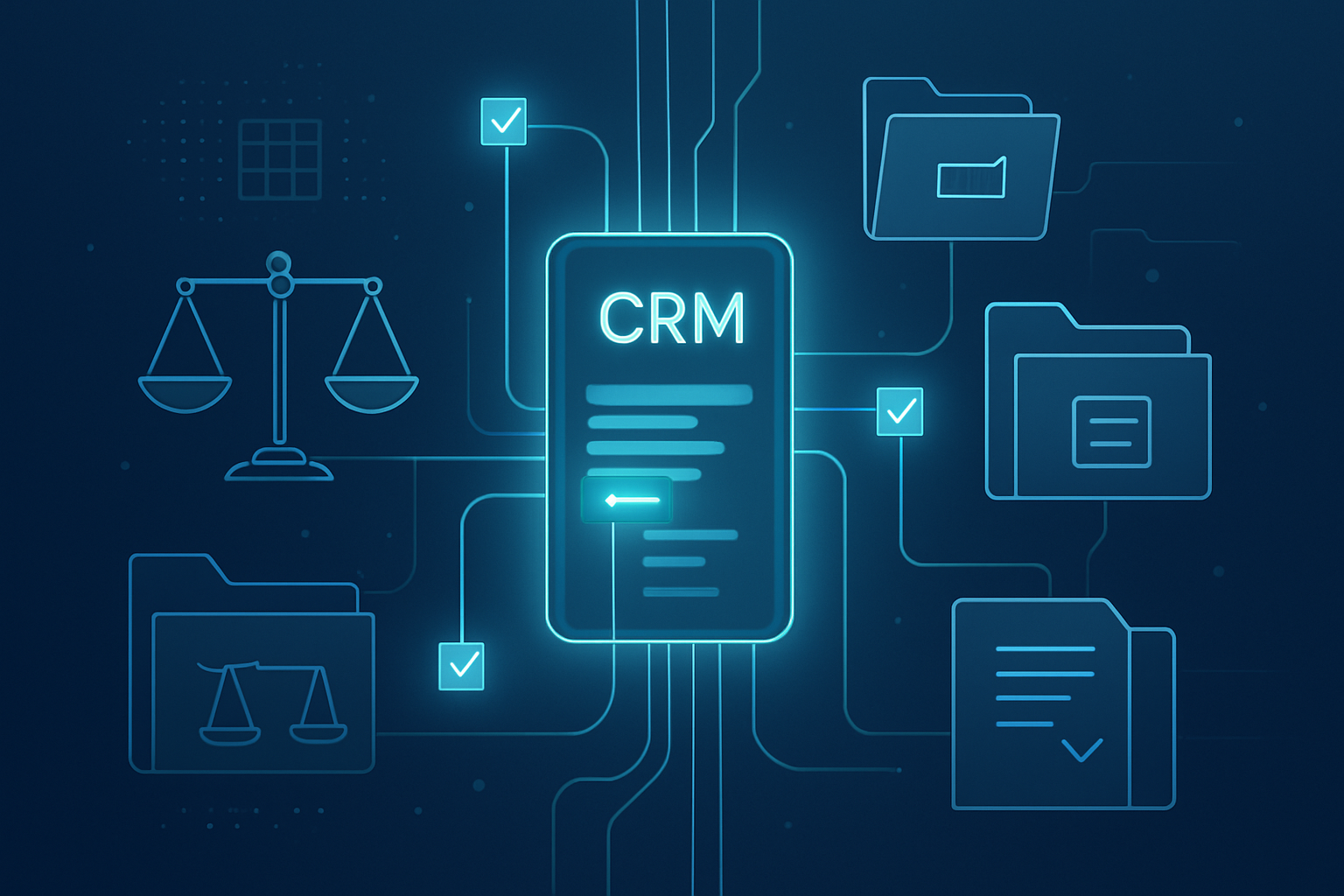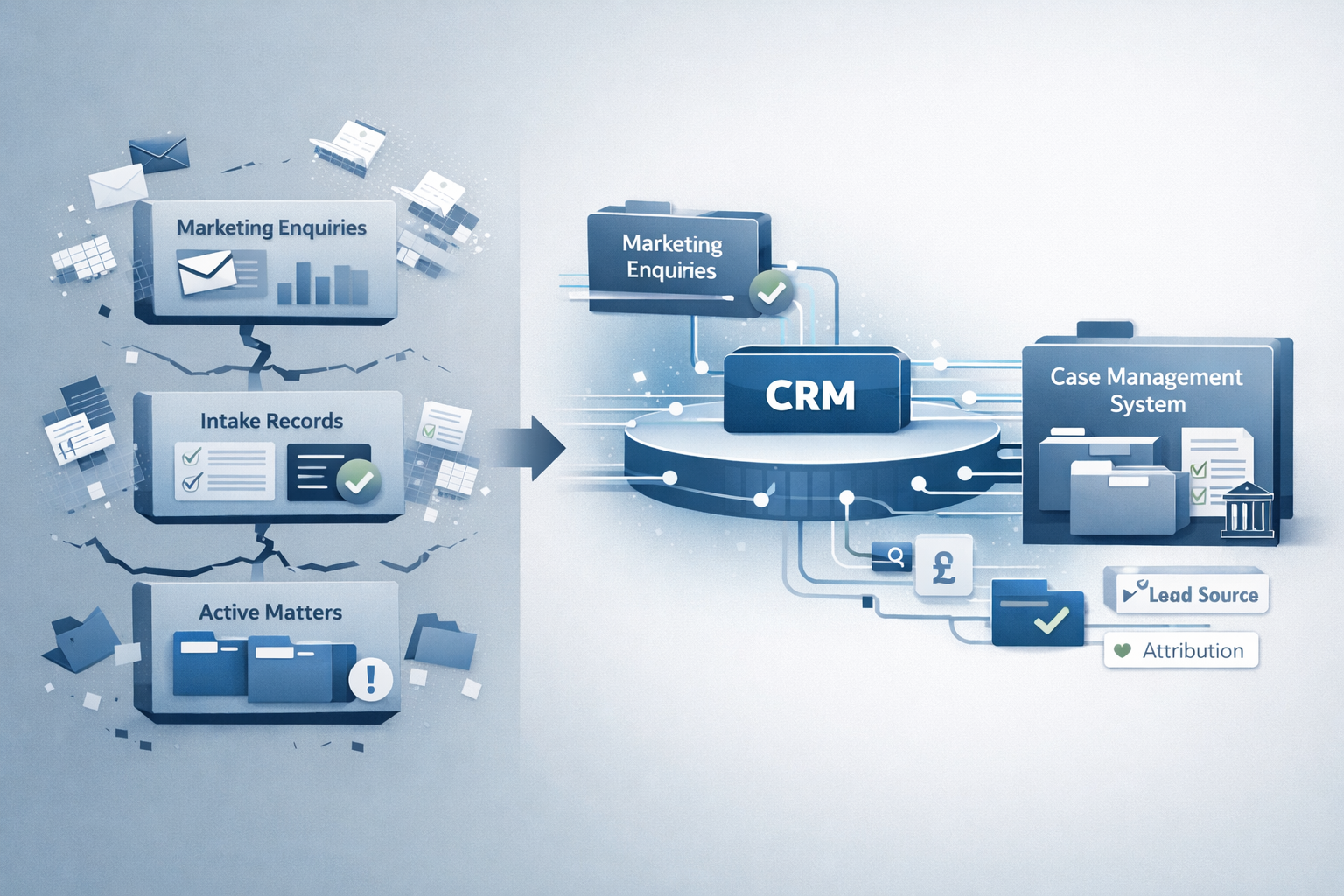What can B2B marketing learn from B2C?
Digital Marketing
Customer Experience

B2B marketers risk getting stuck in a loop of repetitive marketing strategies. Taking inspiration from elsewhere is a great way of developing a more innovative approach. While there are many things that will always remain the premise of B2B marketing, B2B has a lot to learn from B2C. Marketing strategies that drive company growth may be best served with a hybridised approach.
What are the differences between B2B and B2C marketing?
To say it very broadly, the goals of B2B and B2C marketers are highly different. Generally, B2B marketing is focused on gaining website traffic and converting that traffic into new leads. B2C marketers, however, are focused on building their brands among mass audiences.
In 2018, B2C is focused on techniques like influencer marketing and creating entertaining content like this. Social media and large, public events are where B2C marketers are predominantly targeting their marketing. The brand building engines of B2C marketing work in a highly immersive way, reaching their audience through cross channel content.
B2B marketers, on the other hand, are slightly more conservative in their approach. By definition, B2B marketers have to achieve fewer sales because the expected spend of the customer is much higher. A shoe company will sell a unit for, say £60 to a customer, while a company creating websites for businesses - for instance - may charge upwards of £10,000. Blogs, whitepapers, email and phone calls are usually the B2B marketer’s weapons of choice.
B2B marketing’s obsession with workflows
B2B marketers love workflows. They worry about small details like ensuring that a phone call immediately follows an email or how to make sure that a particular ad follows a customer who opened the last email.
Not that there’s anything wrong with this in itself. Refining your workflows is a proven technique that generates sales. B2B marketers excel at collecting emails and creating carefully crafted cycles of engagement with customers.
However, a problem emerges when an over focus on workflows means that B2B marketers can lose sight of some of the fundamentals of a good marketing campaign. Sometimes email sequences and A/B testing can mean that B2B marketers neglect where they are targeting their marketing. No matter how good your workflow, if it isn’t targeted at the right people its impact is going to be minimal.
Customer is king
Compared to B2C, B2B marketers place less emphasis on their customers. B2C companies collect masses of data about their customers in highly innovative ways. For example, in 2015 Johnson and Johnson launched the Customer Experience Centre. The centre is a state-of-the-art R&D hub, with real bathrooms, showers and a cosmetic section, which Johnson and Johnson used to closely observe how volunteer customers interact with their products in real life.
Some B2B firms, on the other hand, have a relatively limited understanding of who they are marketing to. Of course, B2B firms will never have to collect the same amount of data as B2C firms because they generally operate in a much smaller niche. That said, this is not an excuse to base your entire marketing strategy on a handful of former clients.
B2C companies use the masses of data they collect to target their marketing strategically at the correct customers. B2B firms needn’t do anything complex - even some small changes can help. However, at the moment only 23% of B2B marketers claim to have a customer centric structure. This should change for these firms to really produce marketing that delivers results.
A 2016 B2B marketing study found that B2B companies who met their targets in terms of leads and revenue were 2.2 times more likely to have and document buyer personas than those who don’t. The more research that goes into establishing your buyer personas, the more relevant they are going to be to your buyers. Simple as that.
Understanding your audience's particular problems and pain points is going to lead to a marketing strategy that will generate more sales than a strategy that defines its audience according to vague characteristics like revenue and size.
Being different
B2C marketers want to show consumers that their brand is different. They sponsor all sorts of events from live online music streams to LGBTQ+ pride events with the objective of showing how fresh and cutting edge they are and appealing to as much as their marketplace as possible.
Many B2B firms, however, are stuck in a rut of looking very similar to their competitors to the left and right of them. They seem afraid of letting their hair down around their customers.
Of course, it is important to look professional at all times. This goes without saying.
However, this shouldn’t come at the cost of implementing a marketing strategy that fails to entertain its target audience. The person who makes buying decisions in the offices of a company you’re trying to sell to is a human too. And like all people, they respond positively to things that are fun. B2B marketers often forget this.
Make your digital content mobile friendly
B2C marketers have long embraced the smartphone, optimising their content to make it mobile friendly. Often, B2B marketers are influenced by the misguided idea that their target audience is sitting behind a desktop computer.
In fact, especially in smaller firms where the purchasing decisions are likely to be made by the Managing Director, they are likely to be traveling a lot. This means that they are going to be spending a lot of their time researching on their mobile devices; whether that’s on the road or on the sofa later into the evening.
Constantly test and optimise your mobile pages. Mobile provides many opportunities that B2B marketers fail to latch on to. A study by BCG found that mobile is already driving or influencing an average of 42% of the revenue of leading B2B companies. This compares to just 14% of the revenue of B2B companies that have failed to optimise their marketing strategy for an age where 61.2% of internet users are on mobile devices.
Where does all this leave B2B marketing?
There are some things that will always be the premise of B2B marketers. However, there is plenty that B2B marketers can still take on board. As it stands, B2C marketers have the monopoly on fun. B2B marketers should learn from successful B2C marketing campaigns and look at how they can make their marketing more enjoyable.
On the content side, B2B marketing needs to strike a better balance between content that reveals its audience’s pain points and content that actually engages a reader or viewer. If your audience is enjoying themselves, influencing their behaviour is much easier. B2B marketing strategies that take the best from B2C marketing could really drive a business’ growth to the max.


